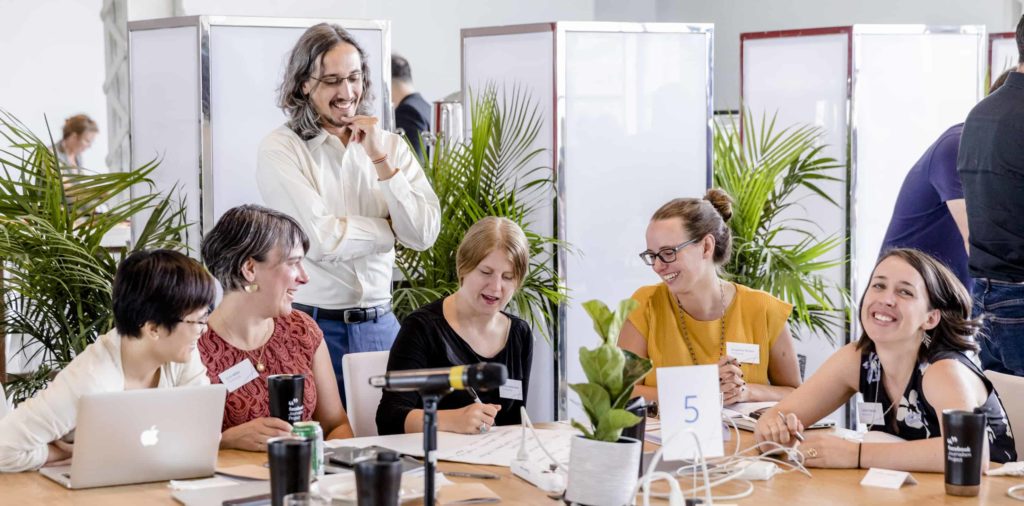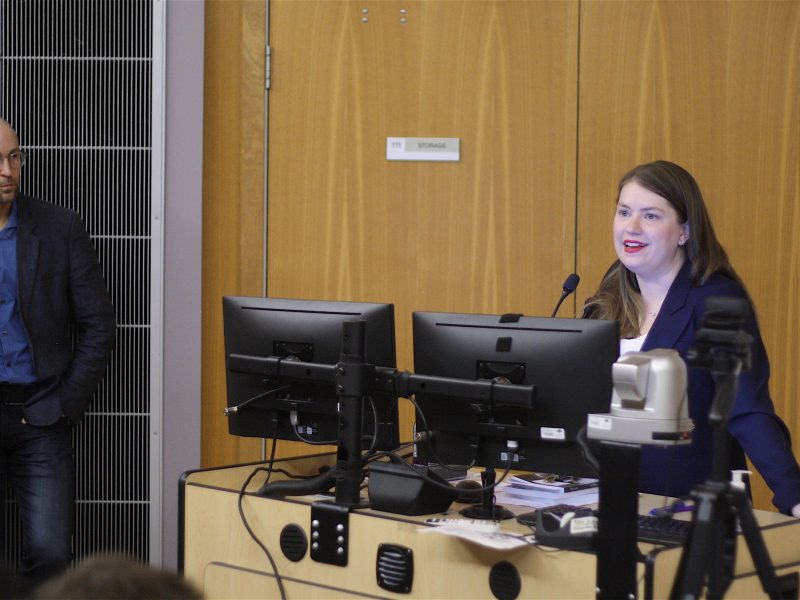
Welcome to The Discourse Monthly! On the third Tuesday of each month, we publish a newsletter dedicated to news media innovation in Canada. Subscribe to get analysis of news industry trends, an update on The Discourse and insight into what we’re learning, delivered directly to your inbox. Our hope is that this space to share ideas will contribute in some small way to advancing the news industry here in Canada.
The landscape.
Canadian newspapers continue to struggle with a disrupted advertising business model, transitioning to digital and confronting a lack of diversity.
This summer brought layoffs and buyouts at The Globe and Mail as the newspaper works to bring its cost structure more in line with its digital revenues. French-language newspaper chain Groupe Capitales Médias, which operates six dailies including Quebec City’s Le Soleil, filed for creditor protection, citing stiff competition from Google and Facebook for digital advertising revenue. The Quebec government swooped in with $5 million in interim financing to buy the chain six more months.
Meantime, Canadaland reported that Postmedia newspapers were under direction to move to the right politically, and The Vancouver Sun drew condemnation for publishing an op-ed headlined “Ethnic Diversity Harms a Country’s Social Trust, Argues Professor.”
[discourseImage id=”15489″ size=”full”]
Meantime, new models are emerging to fill the gap. Success story Village Media, which has quickly grown to 11 local news websites, is expanding into the American market through a partnership with Google and McClatchy. And Teen Vogue reports that teens are launching their own news outlets.
Go deeper:
- Morale described as “grim” at Globe and Mail newsroom in lead-up to voluntary buy-outs (J-Source)
- Quebec government helps newspaper chain that filed for creditor protection (Yahoo Finance)
- You Must Be This Conservative To Ride: The Inside Story of Postmedia’s Right Turn (Canadaland)
- Inside the Vancouver Sun after the anti-immigrant op-ed debacle (The Tyee)
- Publishers ask Ottawa for sweeping legal changes to limit power of tech giants (The Logic)
- How this Canadian media company organically grew to 11 local news sites (Medium)
- Village Media joins Google, McClatchy as part of U.S. local news experiment (Village Media)
- Why teens are creating their own news outlets (Teen Vogue)
What we’re up to.
The Discourse slowed down production during the summer to listen to community members, analyze data and readjust our strategy. Thank you so much to those of you who extended us your patience and generosity this summer as we reflected and retooled. (You know who you are.) Now, with the fall’s crispness sneaking up on us, I’m excited to share where we’re headed next.
The Discourse remains 100 per cent committed to our mission: to build a new model for in-depth journalism that contributes to a more equitable democracy. Over the next few months, we are zeroing in on proving our local news business model.
Why? Because cracking the nut on a sustainable model for local news that can be replicated in other communities has the potential to make a big impact on our democracy.
We’ve been busy in Facebook’s Local News Accelerator, working closely with Cowichan reporter Jacqueline Ronson and industry heavyweights like Tim Griggs (former NYTimes and Texas Tribune) and our mentor Ryan Tuck (former Bloomberg and McClatchy).
The goal? To grow our Cowichan audience and revenues to a self-sustaining level by Christmas, powered by the local community.
With a grant from the Canadian Journalism Foundation and Facebook, we’re investing in changes to how we deliver news in Cowichan, as well as our website, supporter program and community partnership strategy. Through our work in Cowichan, we’re developing tools to help small teams of independent journalists sustainably provide community-powered local news in their communities.
Meantime, with support from the Inspirit Foundation and other partners, we’re teaming up with independent media from across Canada to experiment with how listening to the public contributes to the sustainability of local news outlets. Our ultimate goal is to complicate political narratives with content driven by our communities, especially people who are too often ignored. Look out for the project launch soon or email lindsay@thediscourse.ca if you’re interested in collaborating.
Finally, our collaborative data investigation into fake art received a nomination for a Jack Webster Award. Congrats to contributing journalists Wawmeesh Hamilton, Francesca Fionda, Zachary Kershman, Robin Perelle, Uytae Lee, Lindsay Sample and Cloe Morgan!
Go deeper:
- Why we decided to join Facebook’s Local News Accelerator (The Discourse)
- Check out the changes we’re making to The Discourse Cowichan
- We launched a new homepage for The Discourse to share our shifting strategy
- Explore our Webster-nominated Fake Art series
What we’re learning.
These articles and resources challenged me to be more thoughtful about recognizing the power dynamics in our editorial decisions.
- Canadian media lacks nuance, depth on racial issues: We shouldn’t avoid tackling issues of race during the election (Anita Li, Policy Options)
- The Citizen’s Agenda: A guide for generating more responsive, inclusive & useful news coverage for voters (Hearken, Membership Puzzle Project, Trusting News)
- Complicating the Narratives: What if journalists covered controversial issues differently — based on how humans actually behave when they are polarized and suspicious? (Solutions Journalism Network) [end]



